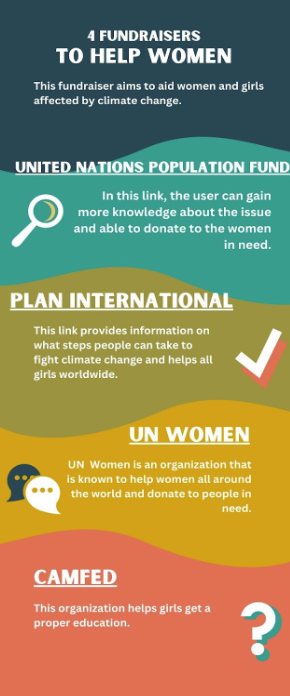The busy lives Americans live require a substantial amount of energy. The first option many people resort to is caffeine. Whether they did not get enough sleep, are low on energy, or just have a craving, they use caffeine as a solution to the problem. But what effects does caffeine really have on the body and mind?
Many popular foods and drinks contain caffeine. About 73 percent of children consume caffeine on any given day, according to the Centers for Disease Control and Prevention (CDC). Soda, energy drinks, and coffee remain the most popular of these caffeinated beverages.
Caffeine is a stimulant, which is the reason it gives people a “buzz” after drinking it. Health journalist Andrea Downey says, “It raises your heart rate and blood pressure to boost your energy levels and mood, making you more alert.”
Large amounts of caffeine can certainly produce a negative effect on one’s daily life. The National Institute of Health said, “Excessive caffeine intake by adolescents has been associated with a number of detrimental health effects such as nervousness, irritability, nausea, cardiovascular symptoms, sleep impairment, osteoporosis, and gastric ulcers.”
Caffeine has a great effect on your central nervous system. A number of harmful effects from too much caffeine as stated by Healthline are, “Headaches, rapid heartbeat, muscle aches, nausea and vomiting, fertility issues, and much more.”
In teenagers, caffeine can have a stronger and more negative impact. The most common caffeinated drinks consumed by teens are energy drinks, coffee, and tea. As stated by Sharp Health News, most energy drinks such as Monster, Bang, and RedBull contain even higher amounts of caffeine than most coffees and teas. These popular energy drinks contain high amounts of sugar aside from the caffeine which as well can have a negative impact; leading to interference with sleep, mental health, and the actively growing teenage body.
In order to avoid such problems, it is important to be aware of what items contain substantial amounts of caffeine. Besides the more obvious such as coffee and soda, caffeine may be hiding in yogurt, ice cream, decaf coffee, protein bars, and energy drinks. According to the Mayo Clinic, “Up to 400 milligrams of caffeine a day appears to be safe for most healthy adults.”
As mentioned, many teenagers consume caffeine daily. On November 9th, 2021, a poll was taken by KHS students of all grades. Out of the 196 responses, the poll revealed that just over half the students replied yes for consuming caffeine daily.
While caffeine has many negative effects, it is healthy for most people at or under the recommended amount to ingest daily. You should limit your caffeine intake whenever possible, and refrain from unhealthy energy drinks; in order to maintain a healthy central nervous system, mind, and body.





